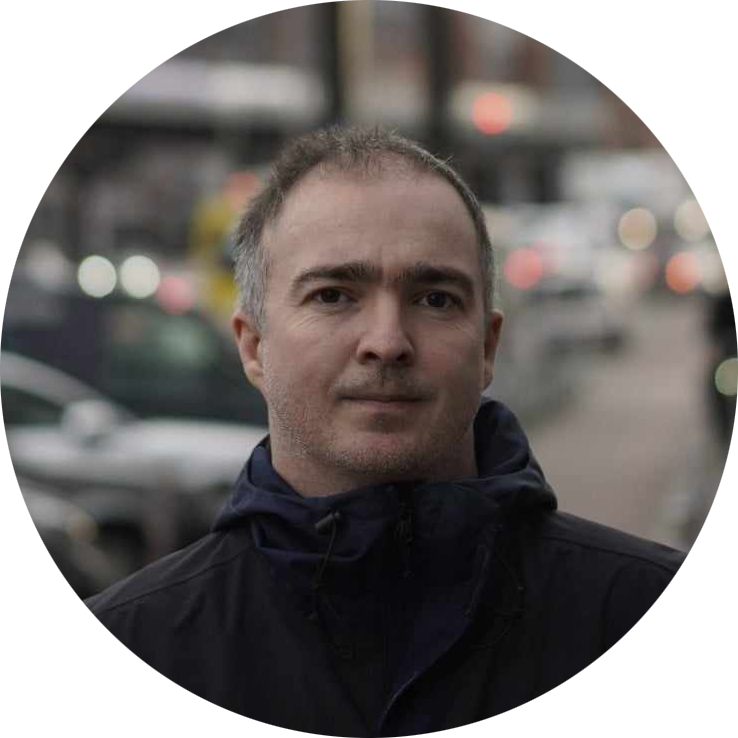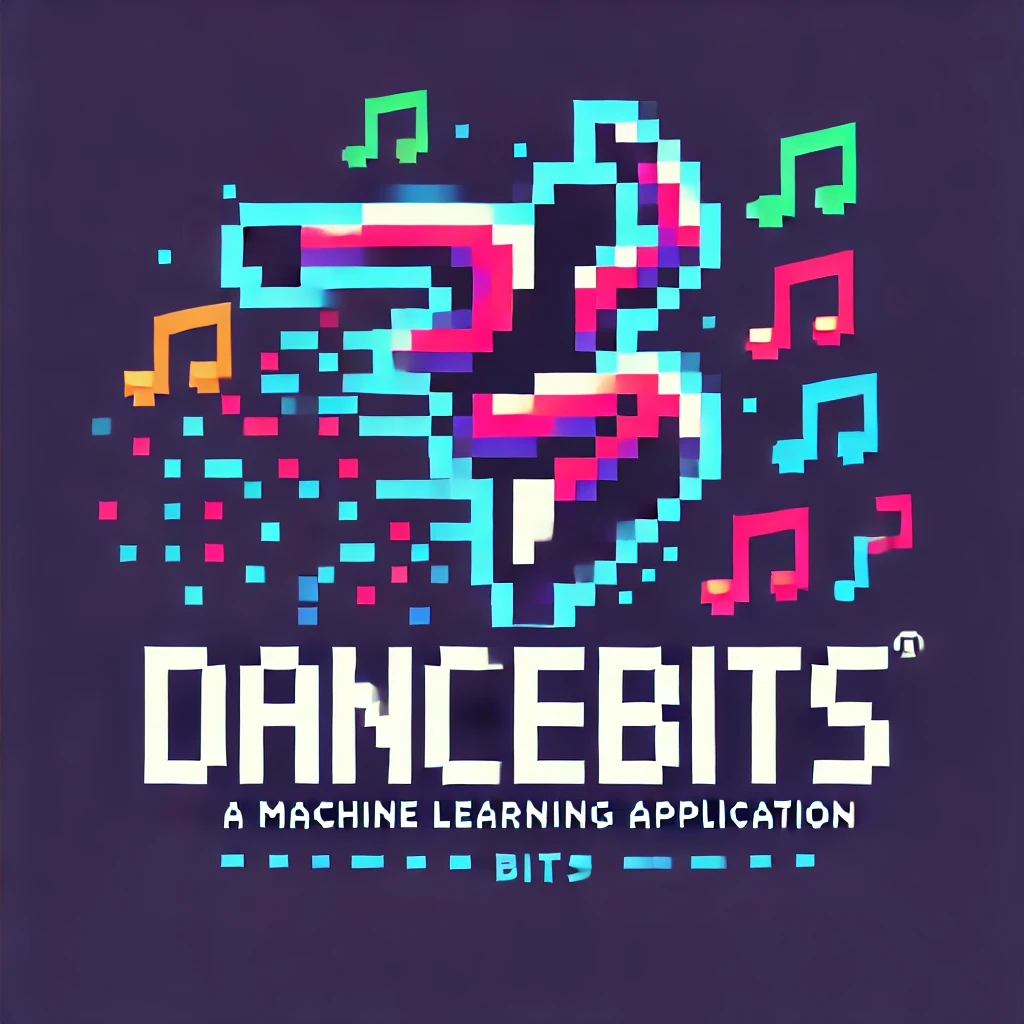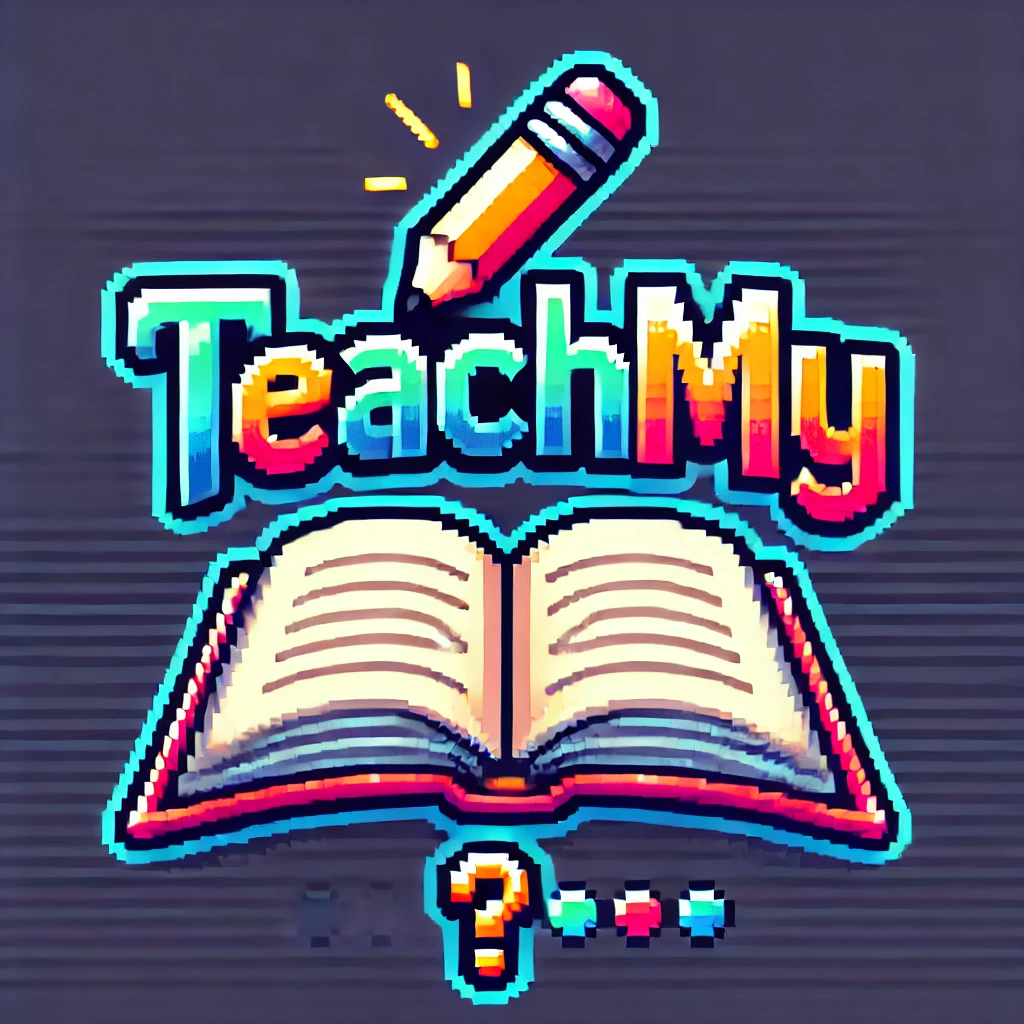In data we trust!

This is my personal portfolio webpage, where I showcase my projects and share insights on data science topics and books that I find interesting.
Currently Working On:
Mentoring a computer vision project (Breast cancer detection) in Techlabs Aachen.
Learning Journey:
Currently learning model deployment in AWS
Tools I Use:
Python, scikit-learn, Pytorch, Docker, Weights & Biases
When I’m not wrangling data...
I love diving into sci-fi, mythology, and futurology reads, and I'm equally passionate about hitting the road on my bike or going for a run.
Featured Projects
Our DSR Berlin final project was the highlight of the bootcamp. We developed DanceBits, an innovative machine learning application that automatically segments choreography videos into individual dance moves. Our goal was to create an interactive platform for learning and analyzing dance, making dance education more accessible and engaging.
This was my first project, so it is a special one for me. Not only because it was the first, but also because it's a teaching app, and I am passionate about education and teaching (I was tutoring elementary and high school pupils in math and physics, also did talent nurturing in math). It was a project in Techlabs Berlin, AI track. We developed an RAG application where you can upload a pdf/text document and ask questions about it. An another model was trained to ask questions about the uploaded text. The final feature was that the pupil could test the knowledge in a quiz.
Latest Blog Posts
venv, conda, pipenv or poetry?
Managing Python projects can be tricky without the right tools. In this post, I’ll break down the basics of venv, conda, pipenv, and poetry, designed to help with virtual environments and dependencies. You’ll learn how each tool works, plus get practical tips and tricks to make your workflow smoother. Whether you're new to Python virtual environments and dependencies, or just need a refresher, this post will help you choose the right tool for your needs. This is the first part of a 3-part series, so stay tuned for deeper dives into these tools!
The Singularity is Near by Ray Kurzweil
Kurzweil in this book explores the concept of technological singularity, a future point where artificial intelligence surpasses human intelligence, leading to rapid advancements in technology and human evolution. Kurzweil argues that exponential growth in computing power, biotechnology, and nanotechnology will merge human and machine, resulting in radical changes to society, including immortality and the ability to enhance human capabilities. He predicts this will occur by 2045, and discusses both the benefits and potential risks of such transformation.

